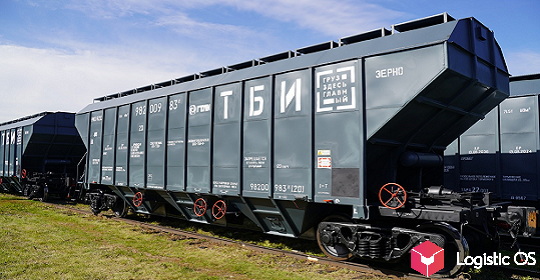Despite all the restrictions, the leaders of the agro-industrial sector were able to meet and discuss current problems and prospects for the development of the industry.
Key theses from the speakers’ reports.
From the speech of the Deputy Minister of Agriculture Elena Fastova:
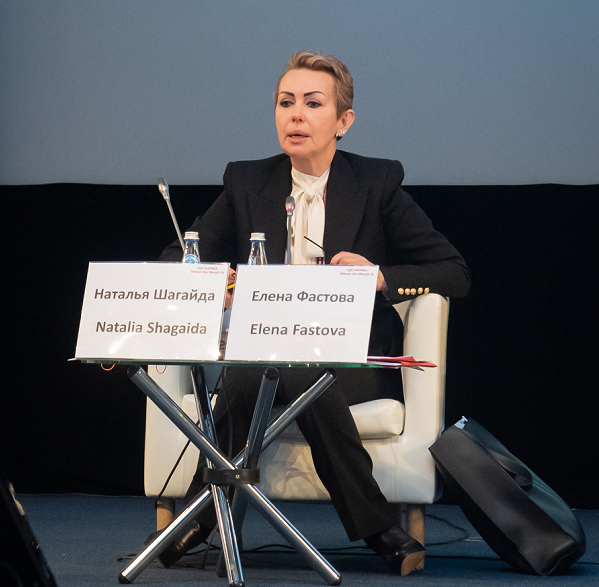
This season, measures were also taken to support millers and bakers in connection with the rise in grain prices.
2.9 billion rubles were allocated for these purposes.
Millers will be compensated for 50% of the difference between the current price of wheat and the average price over the past three years.
There is only one condition — not to raise prices for products for the period for which the subsidy was received.
From the speech of the President of the company AgResource Dan Basse (USA) via video link:
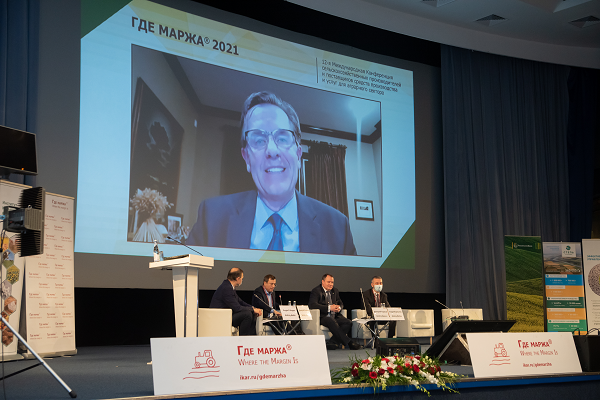
“My research suggests planting any vacant acre in the world. And we need good weather”.
According to the head of AgResource, today the ratio of world wheat reserves to the level of projected consumption is at a 13-year low.
From the speech of Yulia Koroleva, Head of the Center for Grain Evaluation and Quality (Rosselkhoznadzor Department):
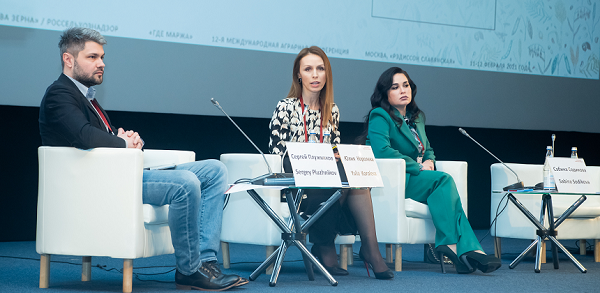
From 2022, a grain traceability system will start operating in Russia.
Information on companies that produce, process, transport, supply, transship and reload grain, sell and dispose of it will be accumulated.
It is planned that the system will create an accompanying document containing all the information about the transported batch of grain and its processed products.
Without this document, the movement of grain will not be allowed.
From the speech of Dmitry Rylko, General Director of IKAR:
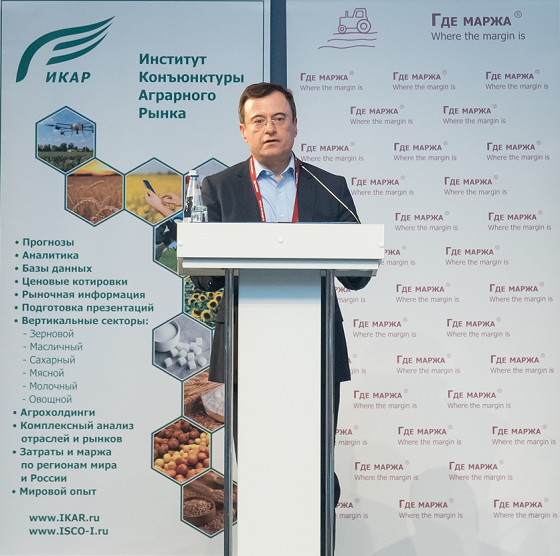
According to a preliminary estimate of the Institute for Agricultural Market Studies, the loss of the Russian agro-industrial complex from the floating duty on the export of wheat, corn and barley will exceed $ 1.5 billion.
A much more effective damper for the grain market could be the intervention fund, which was practically destroyed over the past year.
From the speech of Ksenia Bolomatova, Deputy General Director of the United Grain Company (UGC):
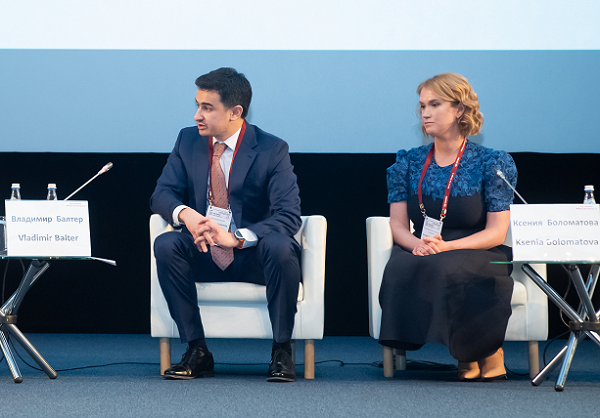
“These are primarily long-term forward contracts. We have provided advance payments to suppliers for 1.9 billion rubles.”
Since December 1, OZK has purchased about 65 thousand tons of wheat at electronic auctions for more than 1 billion rubles.
The company buys 1.8 thousand tons of wheat every day. From March 1, it will already be 3 thousand tons, then they plan to increase the volume to 5, and possibly 7 thousand tons.
TBI GC became a sponsor of the conference and presented its analytical project for operational monitoring of the LogisticOS agro-industrial complex export market.
About 70 conference participants, including foreign representatives, visited our stand. The project turned out to be of interest to a wide range of visitors from different areas of agro-business.
All visitors to our booth received one month for free testing of the Logistic OS system.
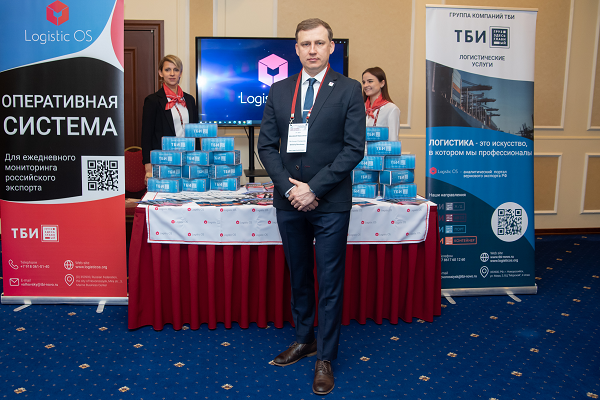
In general, the conference was productive, gave the participants of the agro-industrial sector an opportunity to discuss their problems in formal and informal conversations, bring them to the heads of the Ministry of Agriculture and set goals for the development of the industry in the future.

